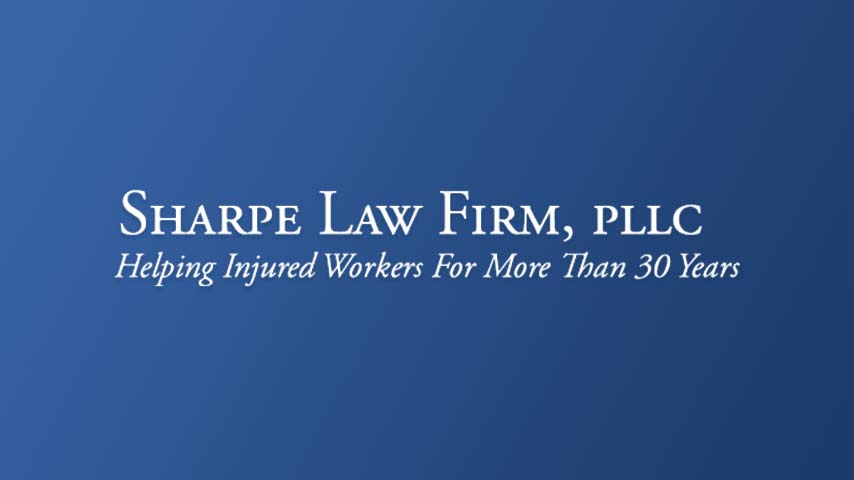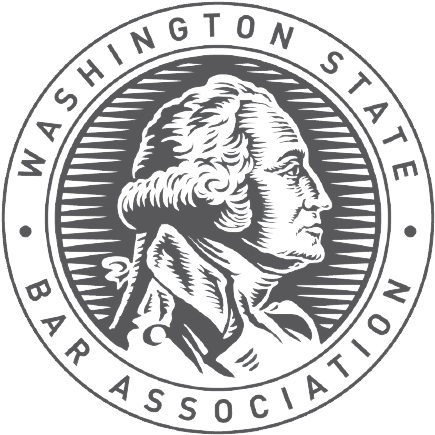Marijuana in the workplace raises many issues and gives voice to a wide range of opinion. Currently the law is being developed on a state by state basis. Little has changed in this state since Washington legalized marijuana.
This article will narrowly focus on marijuana use in a workers’ compensation setting.
Q. I was hurt on the job, tested positive for THC and was fired. Can my employer do this?
A. Yes, your employer may be able to legally fire you.
Employers with drug policies can fire employees who violate their policy. Marijuana is not a right, it is a drug. Employers are not required to look favorably on marijuana use. Federal law still list marijuana as a controlled substance.
Washington is an employment at will state. So in most employment situations in Washington State, your employer doesn’t need a reason to fire you. Giving them a marijuana related reason won’t change their right to fire you.
However drug testing policies must be fair, non-discrimanatory, and not administered in realization for filing a workers compensation claim.
Q. I was hurt on the job and tested positive for THC. Will L&I reject my job injury claim?
A. L&I should not reject your claim.
Workers injured on the job, should have their claim allowed. Having THC in your system doesn’t change that. The fact that marijuana is still illegal under Federal law doesn’t change that. Neither does your employer’s drug free policy.
There is one theory that will support claim rejection however, and that is excess intoxication, where the level of intoxication is so great the workers have effectively removed themselves from the course and scope of their employment. You would have to be thoroughly blitzed out and act completely crazy to have this happen.
Pre-Employment Cannabis Testing
Effective 2024 an employer may not refuse to hire someone based on the applicant’s use of cannabis off the job and away from the workplace, or based on a drug test that finds non-psychoactive cannabis metabolites. The intent of this new law is to prevent restricting job opportunities based on an applicant’s past use of cannabis.
It is unlawful for an employer to discriminate against a person in initial hiring if the discrimination is based upon the person’s use of cannabis off the job and away from the workplace.
This section does not apply to an applicant seeking:
(a) A position requiring a federal government background
investigation or security clearance
(b) A position with law enforcement as defined in RCW 10.93.020
(c) A position with a fire department, fire protection district or regional fire protection service authority
(d) A position as a first responder or a dispatcher position with a public or private 911 emergency communications system or a position responsible for the provision of emergency medical services
(e) A position as a corrections officer with a jail, detention facility, or the department of corrections, including any position directly responsible for the custody, safety, and security of persons confined in those facilities
(f) A position in the airline or aerospace industries; or
(g) A safety sensitive position for which impairment while working presents a substantial risk of death. Such safety sensitive positions must be identified by the employer prior to the applicant’s application for employment.
This law is not a get out of jail free card for cannabis users. It does not prohibit drug testing on the job or post accident. See Senate Bill 5123 Employers are still allowed testing on the job or post accident. Employers are still allowed to maintain an alcohol and drug free workplace.
This bill does not prohibit employment decisions based on drug tests that can screen for psychoactive cannabis metabolites. And the employment protections don’t extend to anyone working in the building or construction trades or to workers required to submit to federal background investigations.
My physician has prescribed marijuana for the effects of a job injury. Will L&I pay for the medical marijuana?
No, L&I will not pay. Their current policy is to not pay or reimburse for medical marijuana.
Current medical aid rules, WAC 296-20-03010, provide:
- That L&I will consider payment for drugs when approved by the FDA for the condition prescribed. The FDA has not approved medical marijuana for any disease or condition.
- L&I will consider payment if prescribed for off label use for a drug supported by published scientific evidence of safety and effectiveness. There is some such evidence. Is there enough?
Coverage decisions in the future will be dependent upon L&I’s and the courts interpretation of WAC 296-20-02704. This is the directors criteria used to make a medical coverage decisions. There is room here for good law to be made by administrative regulation, or through the court system.
New Jersey in January 2020 in the Vincent Hager v. M&K Construction case upheld a judges decision to OK medical marijuana reimbursed. They took note of the fact that in this case medical marijuana was more effective then either surgery or opioids. If they can do it so can Washington State.










